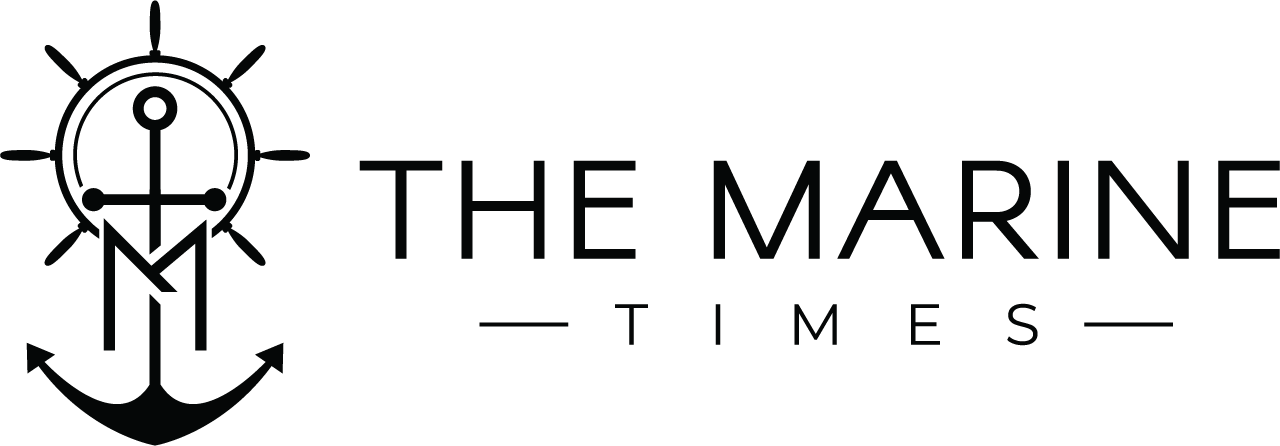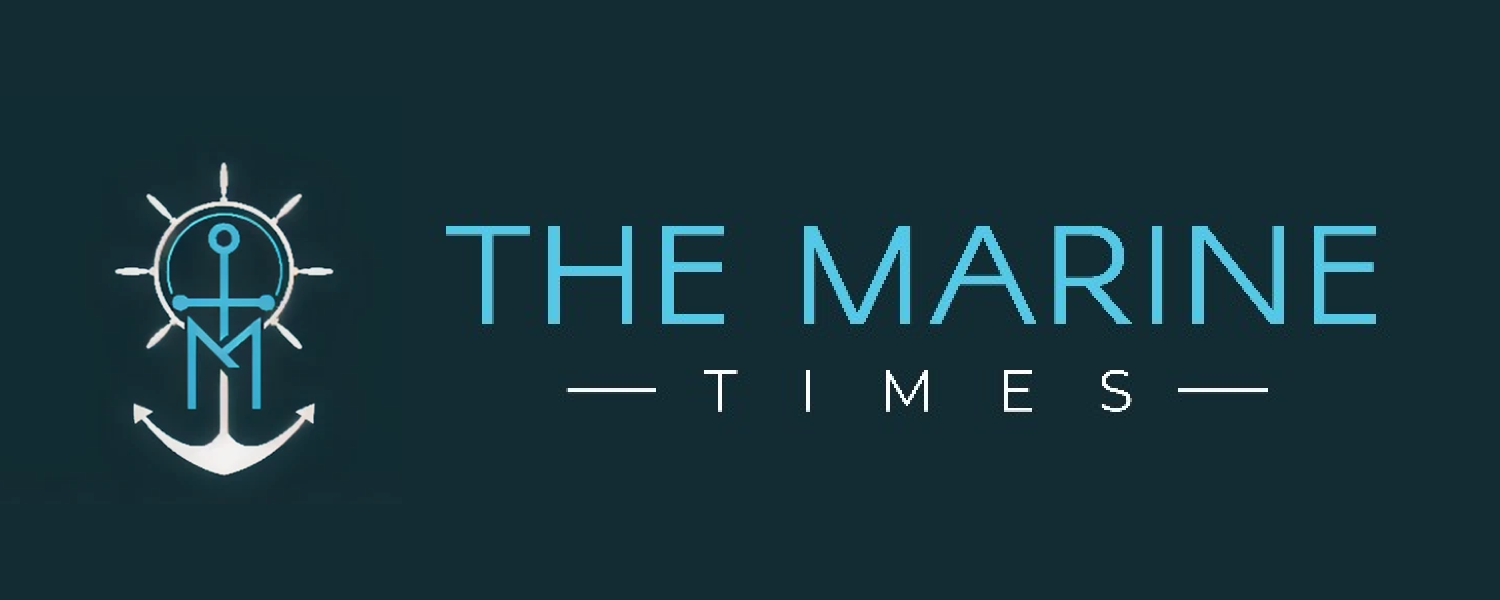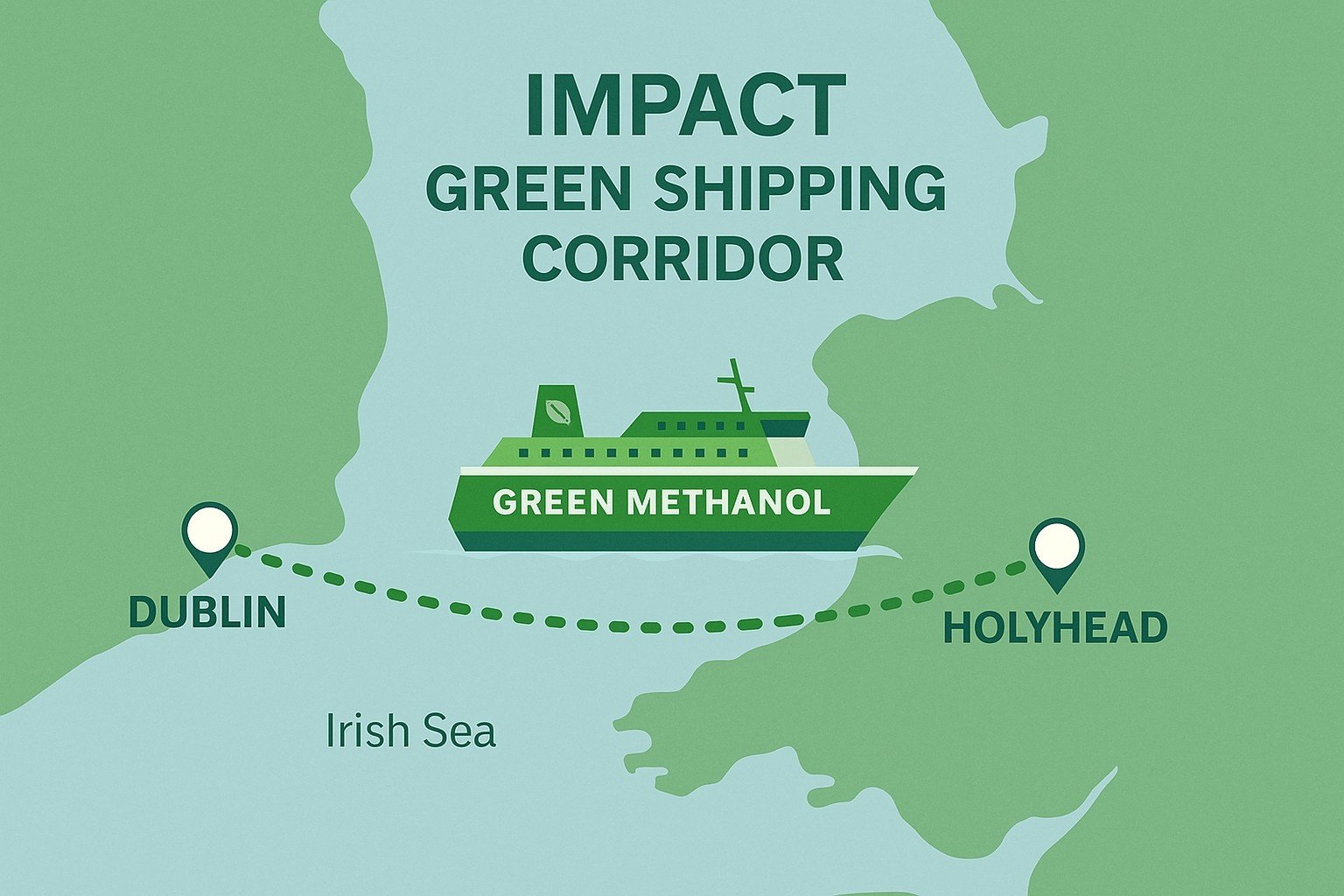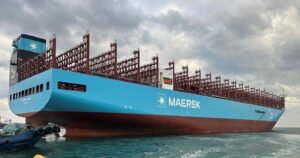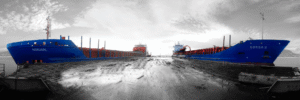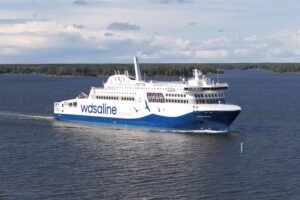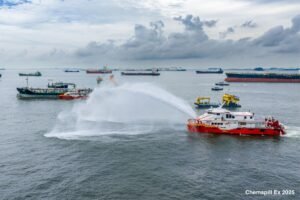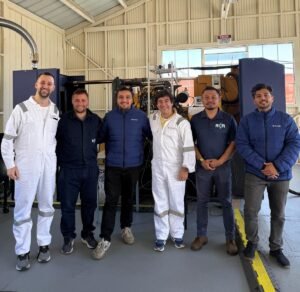A new study has identified green methanol as the lead candidate fuel to establish a green shipping corridor between Dublin, Ireland, and Holyhead, Wales, with the potential to cut well-to-wake greenhouse gas emissions by up to 80%.
The Greening the Irish Sea – The Central Corridor report, led by consultancy Ricardo with support from Stena Line, Irish Ferries, Dublin Port, Holyhead Port, Maynooth University and EDF UK R&D, explored options for decarbonising the high-frequency roll-on/roll-off ferry service that connects the two countries.
Methanol was found to be the most viable near-term option, offering compatibility with retrofits, established handling precedents, and fewer safety concerns than alternatives.
Hydrogen and ammonia were assessed as longer-term fuels but face major hurdles – hydrogen’s cryogenic storage needs and ammonia’s toxicity make them unsuitable for current RoPax operations. Battery-electric retrofits were ruled out, while LNG and methane were judged less attractive due to moderate climate benefits.
The study estimates the corridor would need around 150,000 tonnes of methanol annually, equivalent to one medium-to-large production facility.
No green methanol is currently produced at scale in the UK or Ireland, making imports from Northern Europe the most realistic short-term option. Onshore Power Supply (OPS) was also modelled, offering an additional 7,000 tonnes of CO₂ savings annually.
Economically, methanol operations were projected to cost £83–125 million a year compared with £34m for fossil fuels, leaving costs highly sensitive to future methanol pricing. Policy support and cross-border coordination between Ireland and the UK will be critical to enable investment.
The study positions Dublin–Holyhead as a strong early candidate for a European green corridor, with potential replication on routes such as Dover–Calais and Helsinki–Tallinn.
